EDITORIAL
Published on 09 Nov 2022
Editorial: Innovations in remote and online education by hydrologic scientists
doi 10.3389/fenvs.2022.1074801
- 625 views
6,921
Total downloads
44k
Total views and downloads
Select the journal/section where you want your idea to be submitted:
EDITORIAL
Published on 09 Nov 2022
ORIGINAL RESEARCH
Published on 06 Oct 2022

ORIGINAL RESEARCH
Published on 05 Oct 2022
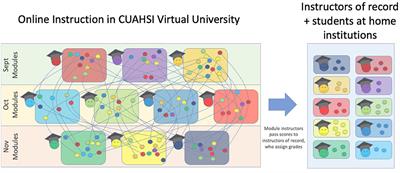
CURRICULUM, INSTRUCTION, AND PEDAGOGY
Published on 25 Aug 2022
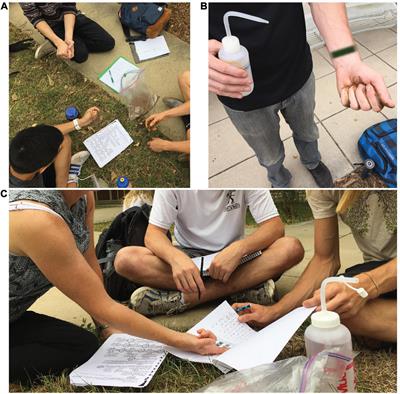
ORIGINAL RESEARCH
Published on 22 Aug 2022
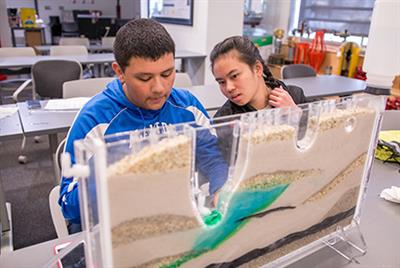
ORIGINAL RESEARCH
Published on 05 Aug 2022
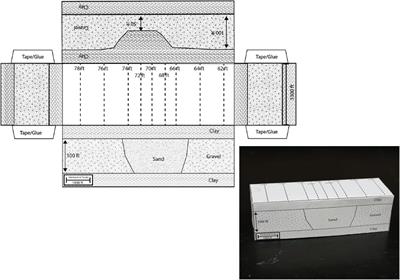
ORIGINAL RESEARCH
Published on 19 Jul 2022
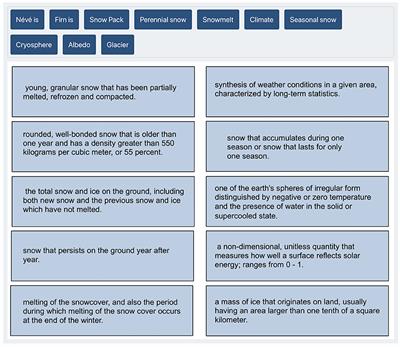
ORIGINAL RESEARCH
Published on 29 Jun 2022
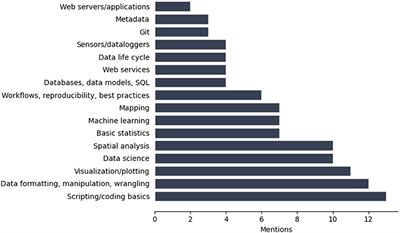
CURRICULUM, INSTRUCTION, AND PEDAGOGY
Published on 28 Jun 2022
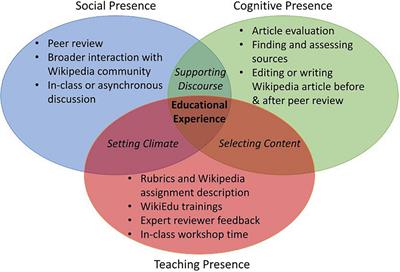
ORIGINAL RESEARCH
Published on 23 Jun 2022
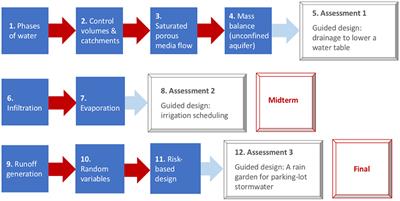
METHODS
Published on 22 Jun 2022
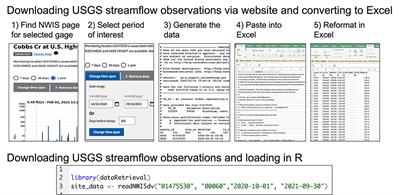
CURRICULUM, INSTRUCTION, AND PEDAGOGY
Published on 14 Jun 2022
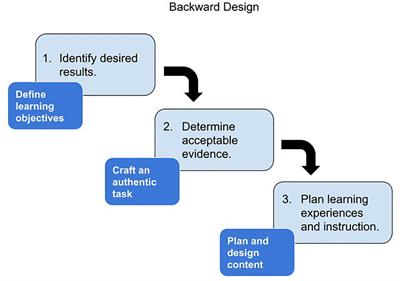

Frontiers in Education
Frontiers in Water